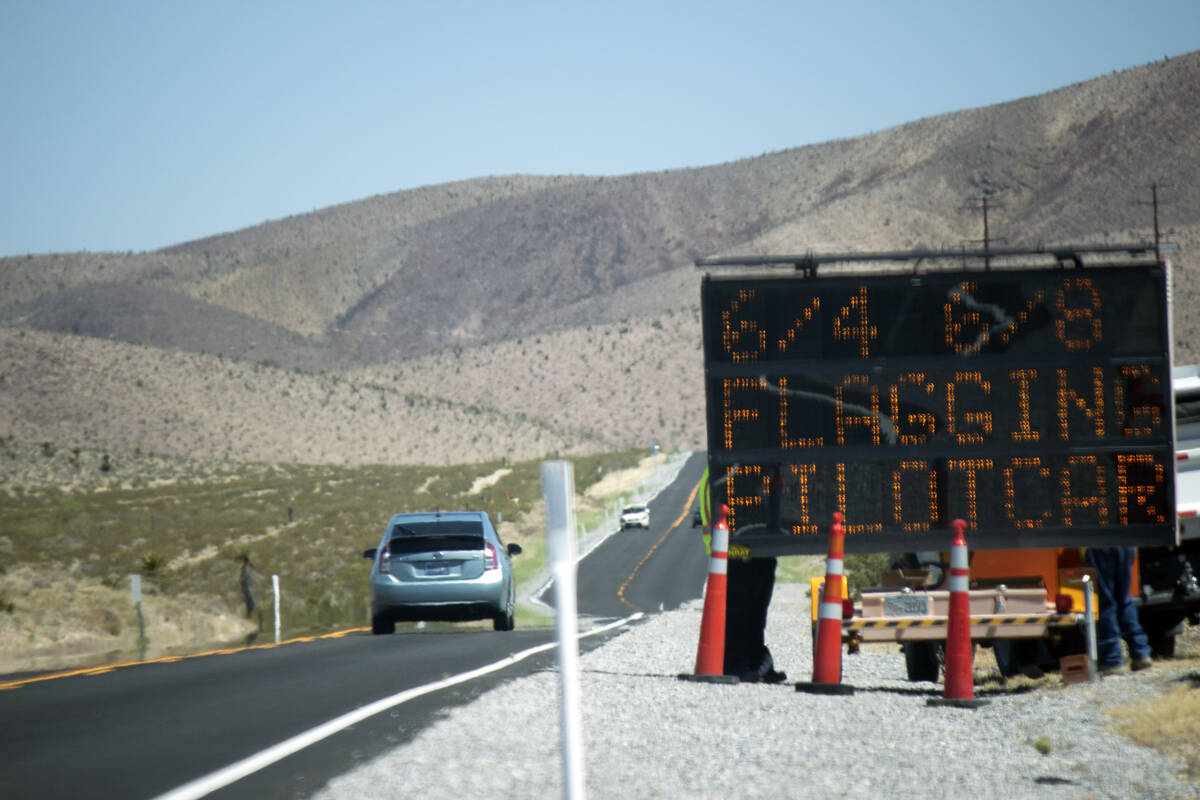EDITORIAL: Infrastructure slush fund a taxpayer money pit
Politicians love to talk about infrastructure, but much of the time they’re actually talking about pork. And that’s one of the reasons why so much federal spending supposedly intended to improve roads, bridges, ports and the like gets swallowed up by the voracious swamp.
Consider a new report on a 13-year-old initiative passed during the Great Recession that gives the White House wide latitude to award lucrative grants to states and local governments for infrastructure projects.
Through three administrations, the Department of Transportation’s Rebuilding American Infrastructure with Sustainability and Equity program has “managed to give the bulk of its award to politicized projects with little connection to national priorities or even transportation,” Reason magazine reported last week.
The result has been a billion-dollar taxpayer slush fund that serves more as a mechanism to reward favored politicians and constituencies than a means to improve U.S. infrastructure.
The study found that, under President Joe Biden, the program has doled out almost $1 billion to states and municipalities. But of the 90 projects that benefited, “only nine could be considered national in scope,” Reason found. “And 40 of the RAISE projects that received grants last year couldn’t even be considered transportation projects.”
Among the latter are hiking trails in Arkansas and pedestrian greenways along Lake Michigan.
Mr. Biden is not the only offender. The Obama administration, researcher Baruch Feigenbaum found, “directed much of this funding at multimodal transit projects, streetcars, recreational trails and other such projects that were either not national in scope or connected to transportation (moving people and freight).” In addition, the Obama White House ensured that a significant portion of the money went to districts represented by vulnerable Democratic members of Congress.
Donald Trump didn’t do much better. While Republicans had previously called for the elimination of the program, they eagerly embraced it once they took control of Congress — again proving that GOP prattle about fiscal responsibility is too often campaign window dressing.
While Mr. Feigenbaum concluded that more projects funded under the Trump administration “were of both national significance and related to transportation,” the politics in play remained the same: Most of the money went “to road and port projects in rural, heavily-Republican districts.”
A similar dynamic was at play in the debate over the bipartisan $1.2 trillion infrastructure bill Congress passed in November. Only about $150 million in the legislation was earmarked for roads, bridges and public transportation. Much more went to green energy interests and expanded broadband.
And consider Mr. Biden’s recent executive order requiring that “project-labor agreements” be in place for most major federal infrastructure endeavors. This is a sop to Big Labor, a key Democratic constituency, and will drive up costs for taxpayers with little concurrent improvement in quality of work.
As for the infrastructure slush fund, “the last three presidential administrations have shown that the executive branch does not allocate discretionary federal grants to their best uses,” Mr. Feigenbaum wrote. “A program originally intended to improve mobility is getting further and further away from its purpose.”
The politicization of spending decisions and infrastructure is unfortunate but inevitable. At the very least, Congress should ensure that such outlays reflect a cost-benefit analysis that prioritizes various projects in order to ensure the best return on investment for taxpayers.
It would also help if the highway money that states must now launder through the Beltway came with fewer federal strings when it was returned, giving local officials more discretion to address community needs.

















